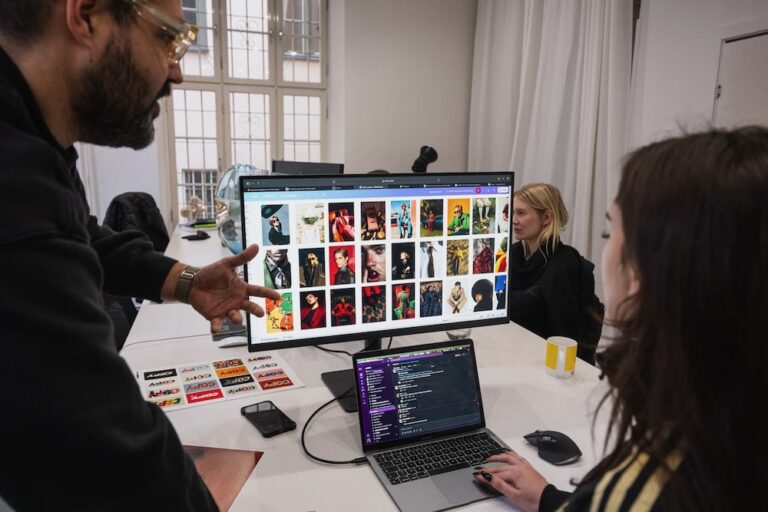The Special Rapporteur on Freedom of Peaceful Assembly and Association has asked civil society to respond to a consultation on how engagement with multi-lateral institutions can be strengthened. ARTICLE 19's response highlights the challenges many organisations and individuals face when trying to participate in international and multi-lateral mechanisms for the promotion of human rights.
Special Rapporteur on Freedom of Peaceful Assembly and Association, Maina Kiai, has asked civil society to respond to a consultation on how engagement with multi-lateral institutions can be strengthened.
ARTICLE 19’s response draws together our experiences of working with civil society across diverse political, social and economic contexts and the challenges many organisations and individuals face when trying to participate in international and multi-lateral mechanisms for the promotion of human rights. ARTICLE 19 also makes recommendations for steps that could be taken by multi-lateral bodies to increase public participation and transparency.
ARTICLE 19 Response to the Expert Consultation on the Rights to Freedom of Peaceful Assembly and of Association at the Multilateral Level
This submission is made of behalf of ARTICLE 19, the global campaign for freedom of expression and information. ARTICLE 19 is a human rights charity established in 1987. Its mission is “to promote, protect, develop and fulfill freedom of expression and the free flow of information and ideas in order to strengthen global social justice and empower people to make autonomous choices.” Its global headquarters is in London, UK and has regional offices in Bangladesh, Brazil, Kenya, Mexico, Myanmar, Senegal and Tunisia.
1. Responses to Section 1 on civil society engagement with multilateral institutions
i. Accreditation
ARTICLE 19 has been registered with ECOSOC since 1991. We find that based on that, accreditation for most UN-related events is relatively simple. We note that based on the experience of our partners, that access to UN events without such accreditation can be problematic. Often, larger NGOs must sponsor them under their name, which can have the effect of marginalizing the small organisations.
We wish to highlight persistent reporting for several years that LGBT groups are having problems gaining accreditation. We also note that the process of gaining ECOSOC accreditation is beyond the capability of many smaller CSOs and not possible for more informal organisations and networks that while they represent substantial numbers of stakeholders, may not be eligible under existing rules.
We also note that in many of the UN bodies and treaty-based processes, CSO participation is completely discretionary to the chair or still allow for a small number of member states to arbitrarily object and block the inclusion of specific CSOs in meetings.
Furthermore, within the Human Rights Council, for example, additional accreditation for Side Event attendance must be done at least 48 hours in advance which can be a barrier for CSO participation. The opening hours of accreditation desk in Geneva can be problematic: there are very long queues, particularly at the beginning of the session with CSOs waiting for up to two hours to gain entry, delaying their participation and engagement with the sessions already underway. The accreditation desk also closes at 5pm, before the session ends, therefore those attending evening events often find it problematic to gain entry.


